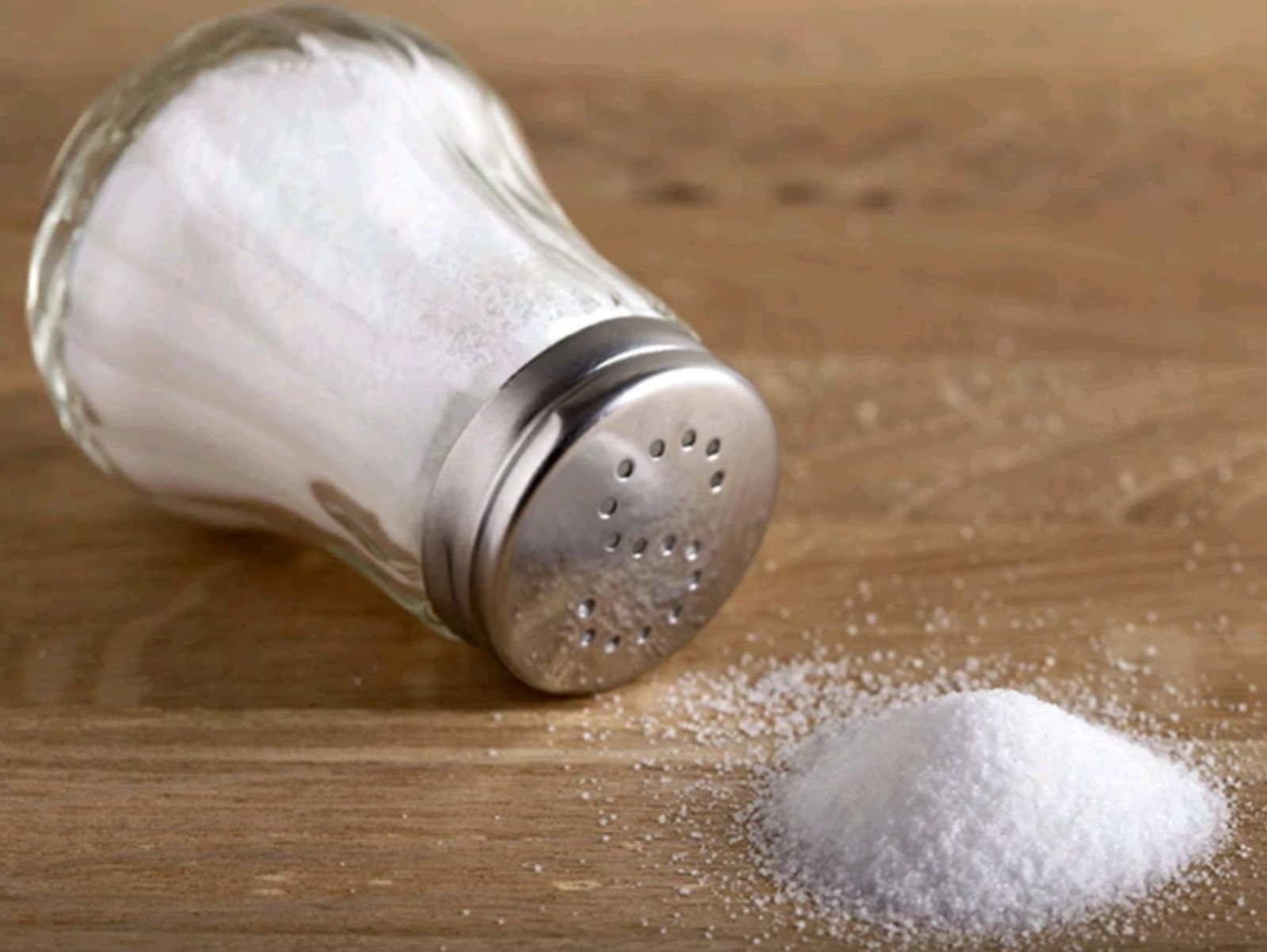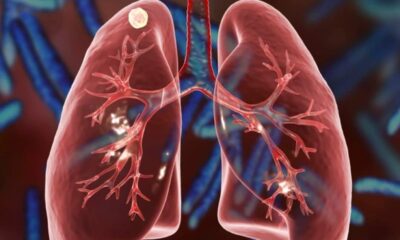A heart attack does not always come with a warning. However, it is better to remain cautious and work on the early symptoms:
Shortness of breath is a silent sign of a heart attack. It occurs without chest pain, making it difficult to detect. It happens because the body’s oxygen supply is reduced drastically.
Chest pain is the most common sign of a heart attack. There have been many cases in which people have felt discomfort or pain in the center of their chest before experiencing a heart attack.
Experiencing pain in the upper abdomen most commonly occur in women. In some cases, women have suffered extreme pressure in the abdomen. This pain sometimes crawls up to the stomach and upper body parts.
Cold sweat is another symptom of a heart attack. So, to maintain the body temperature, the body releases extra sweat. This is a common symptom in both men and women.
Experiencing pain in upper body parts like jaw, neck, back and shoulder also indicates a possible symptom of heart attacks.
Fatigue is another symptom of heart attack. People might experience fatigue and exhaustion.
If you experience a feeling of dizziness, faintness or wooziness, it is called READ FULL STORY HERE>>>CLICK HERE TO CONTINUE READING>>>
lightheadedness which is a symptom of a heart attack.
According to
The Heart Foundation , people may experience indigestion and nausea before a heart attack.
If you feel anxious or panic and your heart feels throbbing, it can also be a symptom of a heart attack.
Lowering oxygen levels in the body can make you faint and suffer a heart attack simultaneously.
Sweating heavily at night is another early sign of a heart attack which occurs usually in women.
Leading an unhealthy life comes with increased risk of heart related diseases. The following poor lifestyle habits increase the risk of heart attack
Most of the people have suffered heart attacks without any record of previous health issues. Poor and unhealthy lifestyle increases the risk of having a heart attack. According to British Heart Foundation, heart diseases are the biggest killers. To avoid a heart attack or any other heart related disease, it is important to make a heart friendly routine.




















